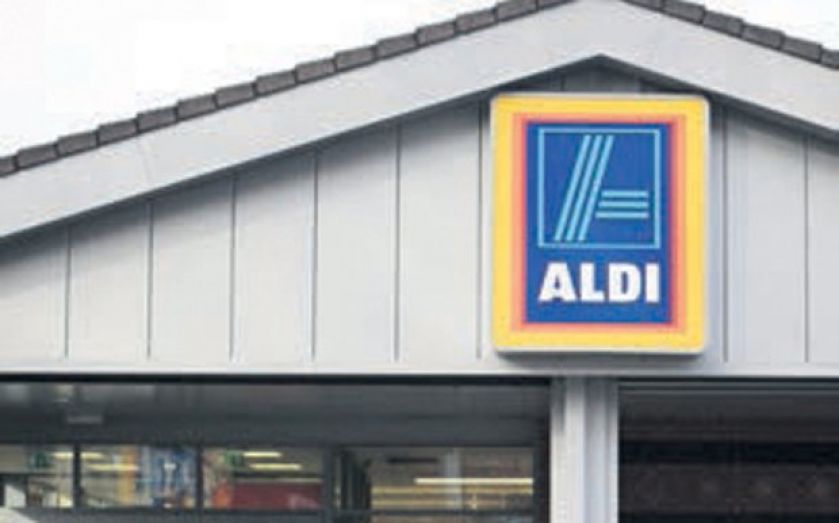And the nominees are…

TOMORROW: ACCOUNTANCY FIRM OF THE YEAR
ALDI
The German discounter has taken the British high street by storm. Aldi now has a 4.6 per cent share of the UK market, up more than one third in a year due to consumers choosing its quality and low prices over the more established retailers. It has even overtaken middle-class icon Waitrose this year. Sainsbury’s, Tesco and Morrisons have all had to up their game by cutting their own prices in order to keep up. And Aldi doesn’t intend to rest on its laurels. It now has more than 500 stores in the UK, and Matthew Barnes, joint group managing director, says that opening a further 65 shops a year is “not out of the question” and that “1,000 stores is an absolute possibility”.
ASTRAZENECA
The UK drugs giant has spent most of the year fending off unwelcome approaches from its US rival, Pfizer. Despite intense pressure from shareholders, AstraZeneca has consistently rejected the Viagra-maker’s audacious £69bn takeover bid. And if anyone thought the uncertainty would affect share price, they’d be wrong. Since the start of the year, AstraZeneca shares have soared 25 per cent. Chief executive Pascal Soriot’s strategy has been to focus on breakthrough drugs, such as heart drug Brilinta, which AstraZeneca believes is worth a potential $3.5bn-a-year now that the US has ended a probe into a big clinical trial that had worried some doctors.
NEXT
High street fashion store Next has had a great year. It has cemented its position as the UK’s biggest clothes retailer by profits after last year overtaking troubled rival, Marks & Spencer. In 2013, Next saw profit before tax rise 11.8 per cent to £695m, and it is planning to raise its full-year ordinary dividend by 23 per cent to 129p. In July, the clothing chain raised its profit forecast for the third time since March, from £750m-£790m to £775m-£815m. Analysts believe Next is on the right path, too. John Stevenson of Peel Hunt said: “Such confidence in outlook will raise pressure on competitors Marks & Spencer and Debenhams.”
UBER
The San Francisco-based cab firm Uber knows how to get others to promote it. The estimated $18bn-firm has been a thorn in the side of licensed taxi firms. In London, in June, thousands of black cabs clogged up central London in protest against Transport for London’s decision to allow Uber to operate, sparking a massive rise in interest in the firm. In Germany, taxi drivers have gone to court to prevent it from operating. All this hasn’t deterred the five-year-old upstart. Signups in Hamburg alone soared a huge 590 per cent in the 24 hours after the court case. As the firm says: “You cannot put the brakes on progress.”
BT
The telecoms firm is venturing where others have feared to tread. With a £2bn investment, BT is giving the Murdoch empire a first test of proper competition for live football rights. It’s a huge gamble, but it has helped BT’s broadband growth, which was the plan. Now, as we come up to the next Premier League rights auction, BSkyB is very much afraid of losing its pole position in televised live football for the first time ever. BT has also put in a crunching, but fair, sliding tackle on Sky by buying sole rights to televise the Champions League in the UK from next season.